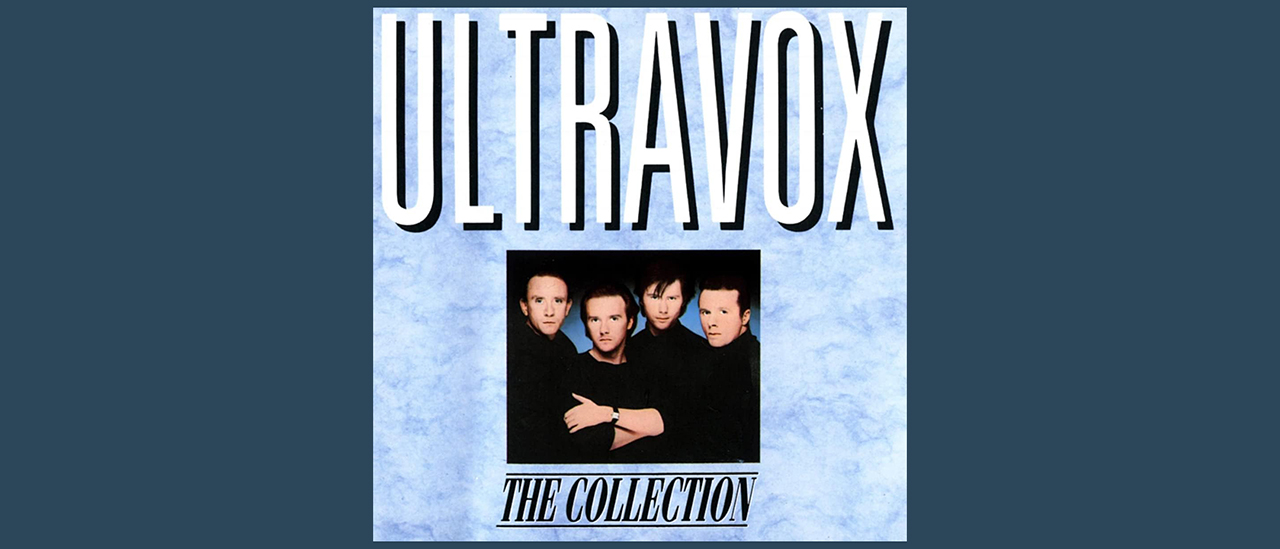"This isn’t getting made for the money. No. I have to make this something really, really special." Fish discusses what could be his final album Weltschmerz
Fish mulls over what could be his final album of a long and distinguished career
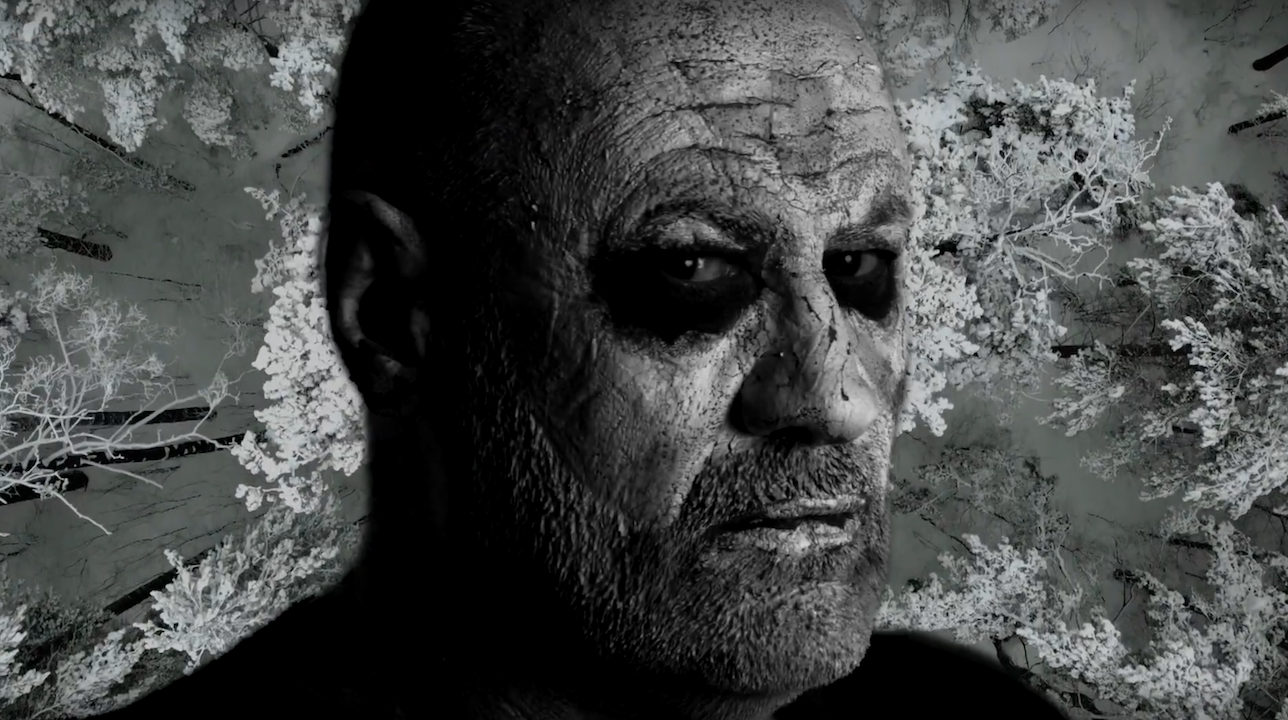
Musical retirement may be an unavoidable and necessary part of life, but for those who’ve had four decades’ immersion in an artist’s music and polished lyrics, the thought of a “final album” comes with an overwhelming sadness. For Fish, that album is the long touted Weltschmerz which, if his best laid plans come to fruition, would be a recording already released and providing one bookend of his back-catalogue. Indeed, last December’s live expedition was billed as a Weltschmerz & Clutching At Straws Tour, the only problem being that Fish and his band hadn’t written a note of the new album. It was, as he explains, becoming a worryingly long goodbye.
“Yeah, last year I was really worried about it,” he admits. “There’s been so much that’s happened in the last two years. My dad died in May 2016 and six months later, I kind of woke up in the garden and went, ‘Where has the last six months gone?’ I also had a lot of health problems and I just couldn’t get my head into writing. I was just in a state of perpetual recovery. It was really only around February this year that Steve [Vantsis, bassist] and I had that one spark that just set the control room ablaze. Finally, things just started to come together. I mean, this is tagged as my last album. I just want to do what I want to do and it’s like a ‘damn the torpedoes’ kind of vibe. I’m just going to feel the whole thing through. Whatever it demands will be done.”
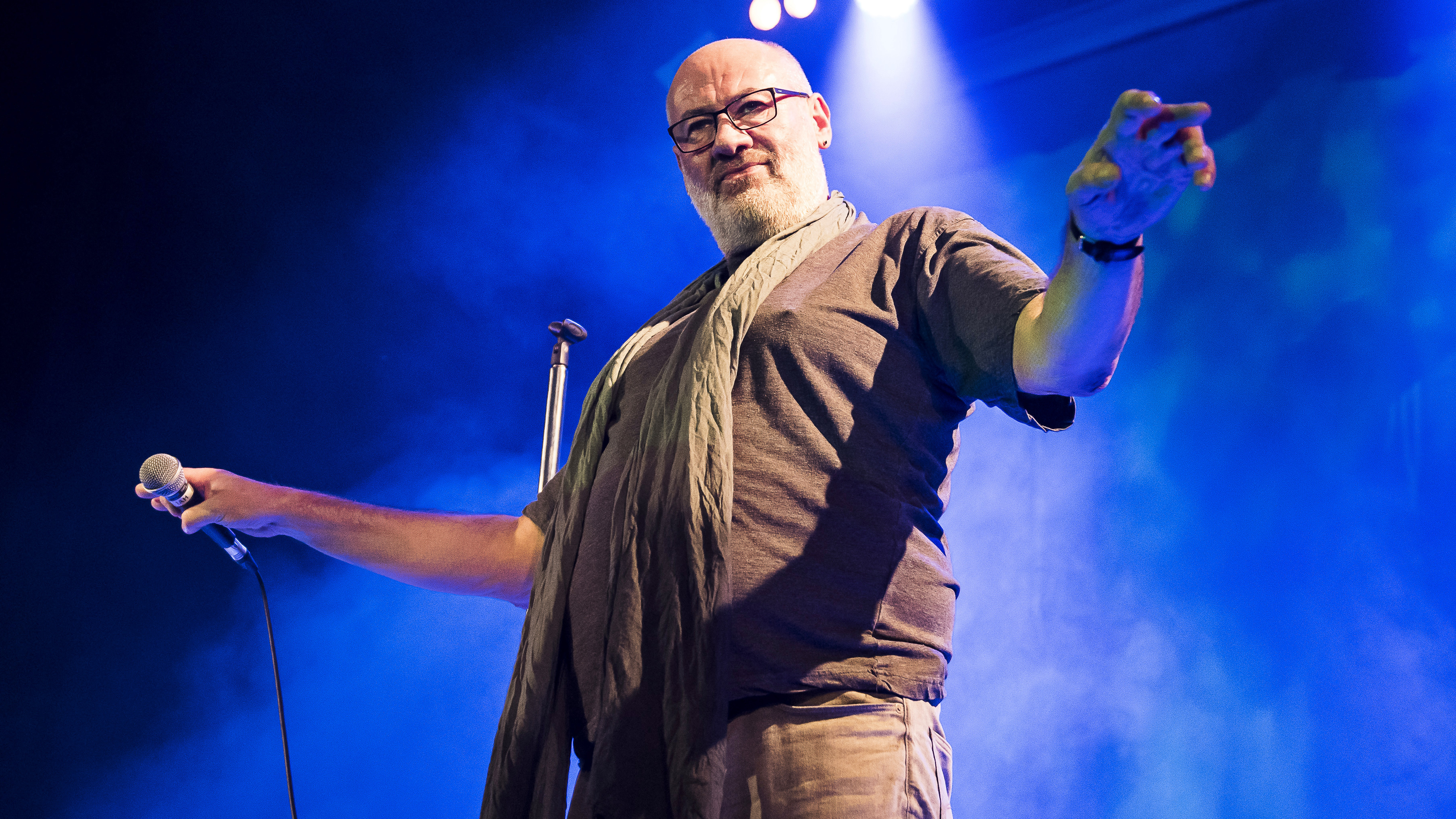
Certainly, there was a slight but nagging doubt that writer’s block might blight this final album. But as Fish hinted at, once a firm direction for the album has been formed, ideas began to speedily morph into tracks. Within the space of six weeks, the duo had four songs written in demo form, with two of those tracks expanding to around 15 minutes each. With another two lengthy epics also in development, Fish began to consider recording a double album. Yet, with the original intention for the album to be recorded and released by September, that would only add unnecessary pressure to his schedule.
“When I nominated it for a double album, I realised it would really screw things up as I knew I would never be able to get a double written,” he recalls. “Around March, I then got a call from [cover artist] Mark Wilkinson. He told me that he had some issues that he had to deal with and he knew that there was no way that he was going to be able to get this artwork ready for September. Mark and I had been talking for the year previously about how we wanted to put together a great packaging layout, similar if not better to A Feast Of Consequences. I basically turned around to him and said, ‘Look, you’ve worked on every project that I’ve ever been involved with since 1982 and there is no way that I’m going into my last album without you.’ There was just no way that I was going to using another artist. So, I thought ‘Fuck it. Let’s find the silver in the dark cloud and put the album back to May 2019.’ I mean, when Mark declared that he was unavailable for six weeks, I could have put my head under a pillow and had a good sob but I just thought let’s find a way round it. There’s always a solution to everything.”
For Fish, there’s a need for the lyrics to dictate the album’s flow, or as he calls them, “rock flicks moments”, where he can effectively draft a short story, then worry about how that can translate on to a musical backdrop. It’s often been a tricky process and Fish’s original plan was to transport the band to his Haddington home studio and filter ideas through a process of lengthy jams. Logistically though, that provided difficult. Long term guitarist Robin Boult was on tour with Howard Jones, and as Fish puts it, keyboard player John Beck “wasn’t answering his phone”. That left the singer to nurture the relationship with Vantsis, leading to the revisiting of a songwriting technique that dates back to the early days of Marillion.
“Yeah, that’s the one thing that has been really quite strange on this album because I have kind of gone back to writing in the same way that we did between 1982 and 1985,” he laughs. “It’s that kind of vibe. We’re taking bits and putting bits together, but it’s the right bits. It’s like when I was in Marillion and they used to trust me. I could say that I thought one bit works well with another bit, or that I needed a section to go from one piece to another. It’s all about letting the drama and the dynamic basically rule it with a very strong lyric.”
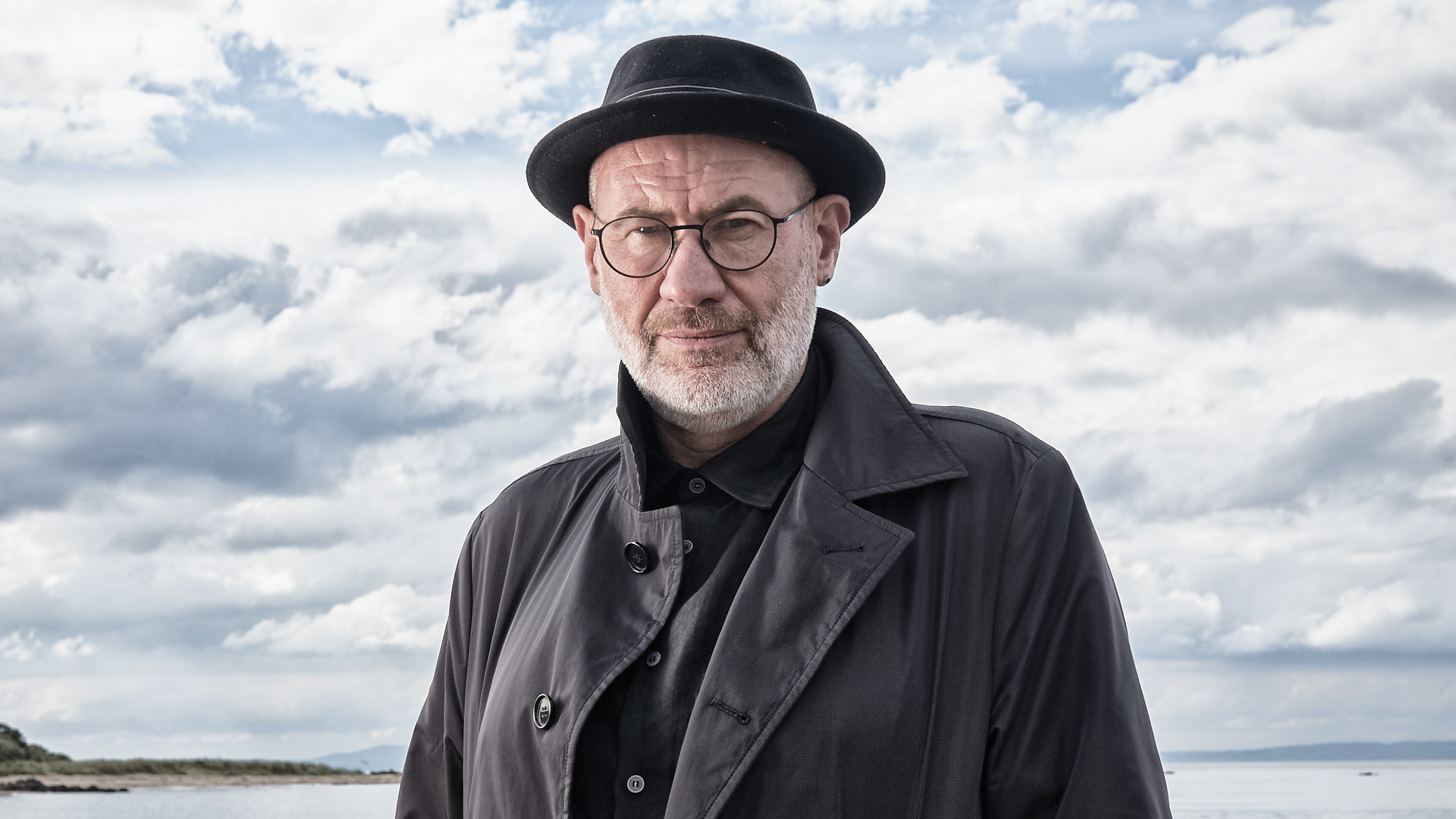
Anyone who has followed Fish’s career closely or viewed some of the interviews which accompany the recent reissues of Marillion’s 80s back-catalogue may spot an irony here. The singer has been pretty outspoken about the band’s writing technique of piecing together tracks with, as he saw it, “sticky tape”. It’s a method that has served Marillion well and even forms a core part of their writing sessions today. For Fish to return to that method certainly appears to be a pretty dramatic turnaround.
Sign up below to get the latest from Prog, plus exclusive special offers, direct to your inbox!
“Well yes but that’s because I came to loathe it,” he suggests forcibly. “As I said before, back in the Script… and Fugazi days, I think that they trusted me and there were a lot of ideas around that we could sift through. Clutching At Straws was when we moved into songwriting. It was interesting because when we moved into writing the album that was supposed to come after Clutching At Straws, suddenly I was getting presented with loads of bits. But they didn’t make sense. It was like having different scenes from different movies and trying to construct a story amongst it, you know? Now with Steve, he trusts me and trusts my vision on the lyrical side in the same way that the guys used to do in the old days. When you listen to a song we’ve just completed, Waverley Steps, there’s definitely a throwback to that period and it reminds me of Fugazi in the way that the tempos move. It was like, ‘This is the story, this is what I need to put across and I need so many bars to go through the storyline into the next section.’ It really was like making movies for people’s ears. That’s what has been commanding all the songs.”
Literally translated from German, “weltschmerz” refers to a sense of world-weariness, world pain and ennui. Even based solely on that definition, it’s obvious that this farewell album will possess and overriding sense of darkness. Yet the singer was keen to avoid any clichés and determined that the lyrics would have a depth, far removed from some of the more obvious protest songs which have been a musical mainstay for decades.
“I got the idea for the album title over two years ago, when I was watching the news and also becoming more aware of people’s feelings,” he explains. “There was a lot of sadness and world-weariness. It wasn’t an apathy, it was just that people were feeling browbeaten. The last thing I wanted to do though was talk about corporations, kings and queens or corrupt governments. That’s been done so many times by other people, right the way back to Queensrÿche in the 80s. I feel that I’m good at writing lyrics dealing with people, observations of people and observations of things are happening around me. I thought why don’t I take the whole version else lyrical idea and focus it on people? So, it’s become a collection of songs, in the third person, that are all about people dealing with the world that they live in.”
At face value, those subject matters may sound impenetrably gloomy. Waverley Steps delves into male suicide, C Song is written from the perspective of someone diagnosed with cancer and Market Garden discusses dementia. There are also songs about self-harming and a Syrian refugee. This is by no means easy listening, but then Fish has always covered similar subjects in a researched and cerebral manner. After all, Marillion’s Punch And Judy and his solo track Family Business covered domestic violence and the likes of He Knows You Know openly referenced drug misuse. Yet for all the preconceptions that could be made about this new material, this is far from being depressing collection.
“The subject matters are really, really heavy,” admits Fish. “But the approach I’m taking is something like the movie American Beauty. That deals with some really dark subject matters, but it’s done in such a beautiful way. That’s what I’m trying to do. I’m not going out there to try and bring people down. There is a melancholy to it but it’s a beautiful melancholy. I took a whip to my own back as well, in that I gave myself a challenge to have a reference to a plant or something to do with a garden in every song. That’s all to do with being in the garden for six months after my dad died.”
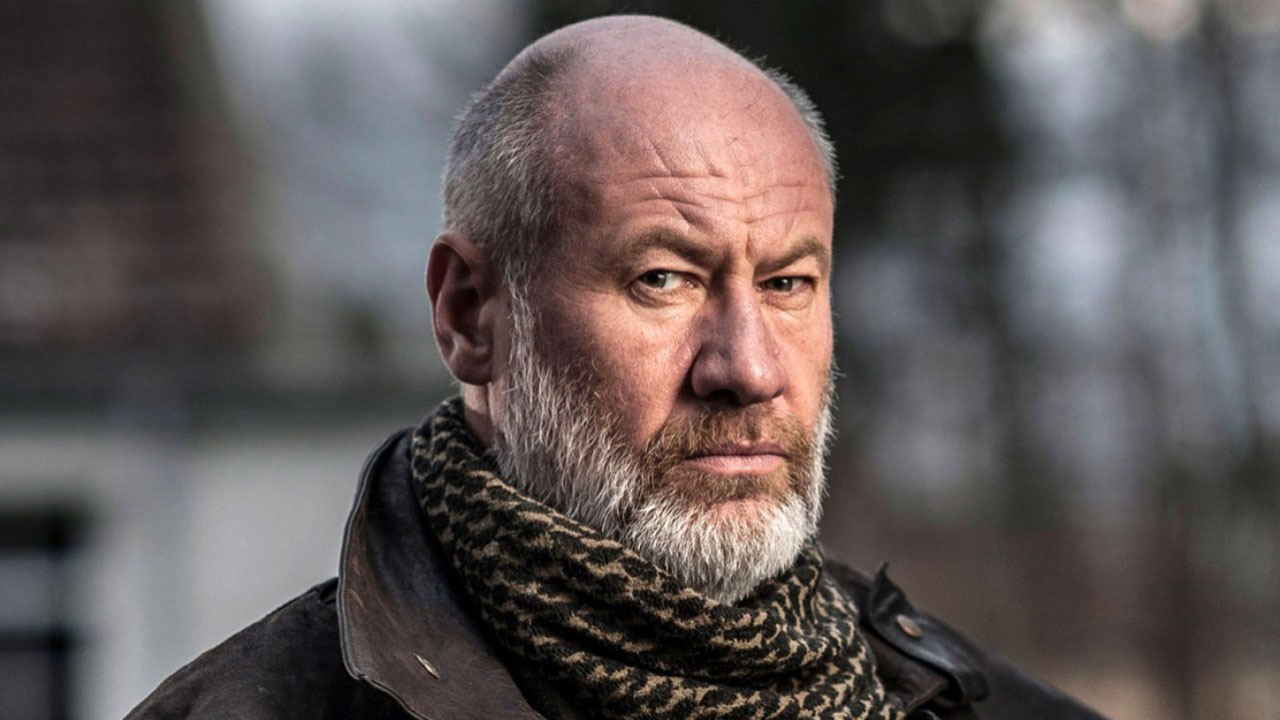
The delay in writing the material has led to another masterplan being hatched. Fish was persuaded to enter the digital world and Spotify, with his solo albums being placed on the latter over recent weeks. The current September tour is premiering songs from Weltschmerz, with an EP and downloads of a handful of new album tracks being released simultaneously. Tracks set to be included are the lavish Waverley Steps, Little Man What Now and Man With A Stick.
“When I started to sit back and think about it, I felt that I could really approach this in a completely different way. So rather than the old-fashioned fanfare of ‘here’s the album’, let’s release a bunch of downloads first. On tour, we’re going to be playing around 40 to 50 minutes of Weltschmerz along with the //Clutching At Straws// material, which we intended to do the previous year. I was aware that the fans needed to hear it otherwise there will be some very awkward silences. So, we’ve recorded about 30 to 40 minutes of music already and then in January, February and March 2019, we’ll record the rest of the material, ready for the album release next May. Next year, it’s the 30th anniversary of Vigil In A Wilderness Of Mirrors, which we’ll tour with Weltschmerz at the end of the year. Then in 2020, that will be the farewell tour.”
From speaking to Fish it’s evident that he intends for this album to be a career peak, yet he feels pressure free to enjoy this final writing and recording process. If there was any ever doubt that he’d do anything else, Fish is departing the recording studio with an eloquent, musical swagger rather than a nervous whimper.
“I really want to make it special. I’ve got Dave Jackson from Van der Graaf generator coming down to play saxophone on it and that’s going to be a real teenage dream for me,” he says with obvious excitement. “We’ve got string sections. We’re putting real brass onto Waverley Steps. This isn’t getting made for the money. No. I have to make this something really, really special. I want to be a recording that I can be proud of. When I left Marillion, Clutching At Straws was the best album I did with them. It was my favourite album. One of the problems that I’ve always had is that people have always asked what would have happened next? That is the way want to leave my solo career. I want to write an album where people are going to ask what would have happened next? Which is always the end to a good film …”
This article originally appeared in Prog Magazine issue 91.
